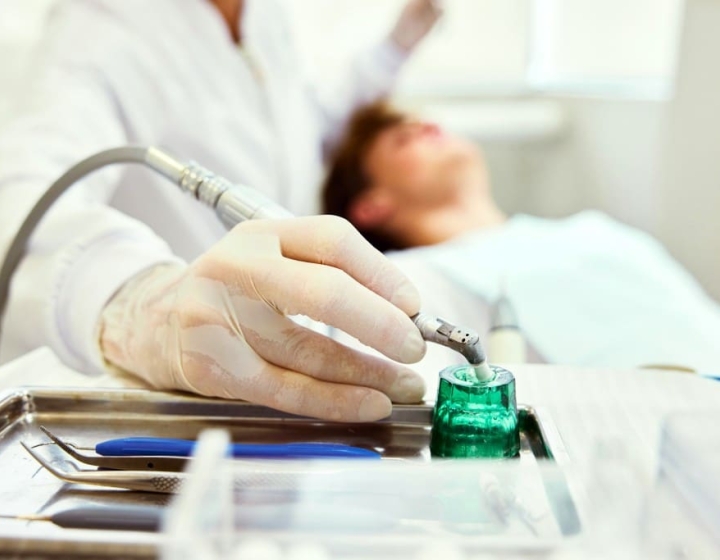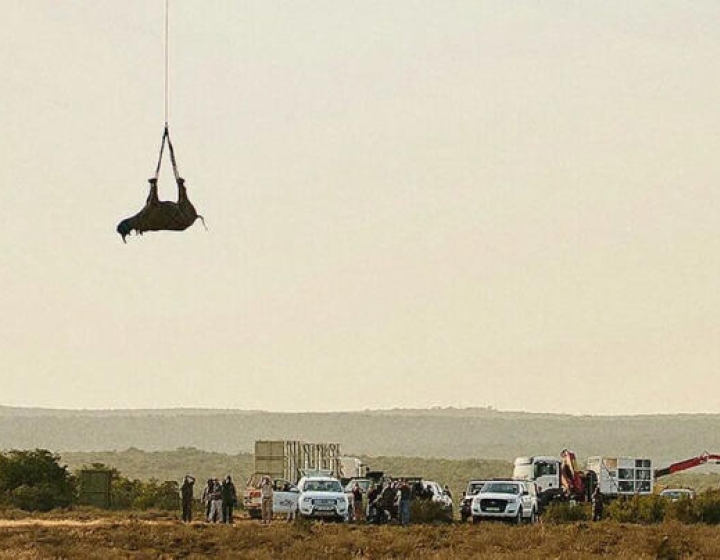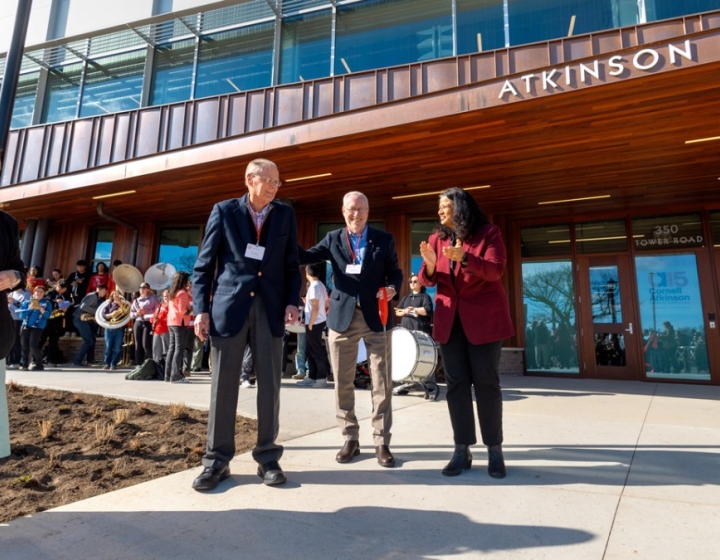Dairy researcher wins Zoetis grant to tackle birth complications in cattle
 Dr. Rodrigo Bicalho, assistant professor of dairy production medicine at Cornell University College of Veterinary Medicine, has received the 2013 Cattle Call grant from global animal health company Zoetis. Bicalho will use the $150,000 grant to evaluate ways to prevent a condition in cows called retained placenta, ultimately improving overall uterine health in cattle.
Dr. Rodrigo Bicalho, assistant professor of dairy production medicine at Cornell University College of Veterinary Medicine, has received the 2013 Cattle Call grant from global animal health company Zoetis. Bicalho will use the $150,000 grant to evaluate ways to prevent a condition in cows called retained placenta, ultimately improving overall uterine health in cattle.
Most cows shed their placenta, the tissue inside a mother’s uterus that integrates mother and fetus during pregnancy, within hours of calving. But some take much longer, developing a condition called retained placenta that can lead to infection. In some cases such infection can put the future fertility or even life of the cow in jeopardy. Retained placenta occurs in as many as 18 percent of calvings, according to Bicalho. In an estimated 6 percent of cases, cows failed to achieve economical milk production shortly afterwards.
“Placental retention is a widespread issue across the cattle industry,” said Bicalho. “There are several potential causes but the effects on the general health of the cow and her subsequent reproductive performance are costly events to the dairyman. It has a link to immune suppression, can cause significant economic loss, and poses an animal welfare concern.”
 The Cattle Call research grant program, in its second year, awards funding to support the development of new products and services that help improve the health and productivity of beef and dairy cattle. In 2013, Zoetis asked researchers to submit proposals to address ways to improve cattle reproduction or develop models for managing cattle pain. In addition to Bicalho’s proposal, Cattle Call has also generated new research leads to evaluate pain management in cattle, according to Zoetis.
The Cattle Call research grant program, in its second year, awards funding to support the development of new products and services that help improve the health and productivity of beef and dairy cattle. In 2013, Zoetis asked researchers to submit proposals to address ways to improve cattle reproduction or develop models for managing cattle pain. In addition to Bicalho’s proposal, Cattle Call has also generated new research leads to evaluate pain management in cattle, according to Zoetis.
“Industry support allows us to tackle real problems and gives us a chance to develop technologies that can be useful for producers,” Bicalho said. “It’s a very important project for us. We’re excited to be able to work on it. We’re hopeful we can produce solutions that will help make animals more comfortable, healthier and more profitable.”





